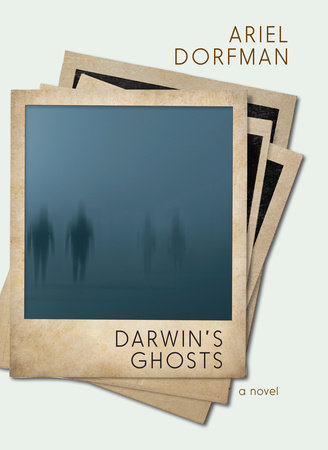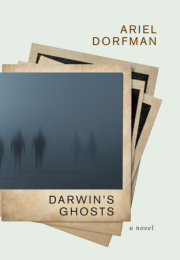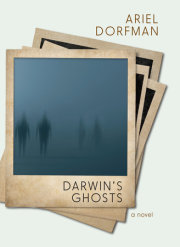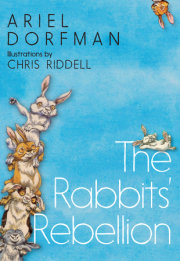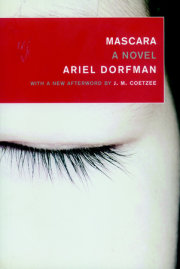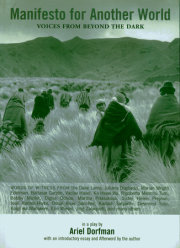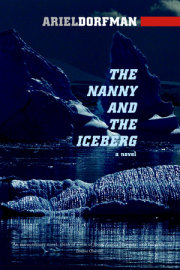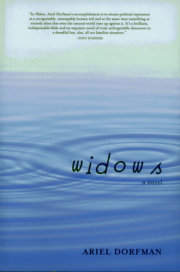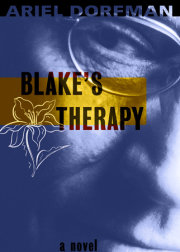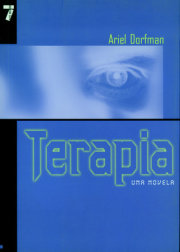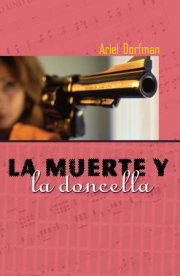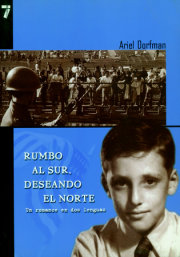Ariel Dorfman is considered to be one of “the greatest Latin American novelists” (Newsweek) and one of the United States’ most important cultural and political voices. A Chilean-American author born in Argentina, his numerous award-winning works of fiction, nonfiction, and poetry have been published in more than fifty languages. His play Death and the Maiden, which has been performed in over one hundred countries, was made into a film by Roman Polanski. Among his works are the novels Widows, The Nanny and the Iceberg, Mascara, and Konfidenz, and the memoirs Heading South, Looking North and Feeding on Dreams. He recently published a collection of essays, Homeland Security Ate My Speech: Messages from the End of the World. He contributes to major papers worldwide, including frequent commentary in the New York Times, the New York Review of Books, El País, the Guardian, Le Monde, and La Repubblica. His stories have appeared in the New Yorker, the Atlantic, Harper's, Playboy, Index on Censorship, Guernica, and many other magazines and journals. A prominent human rights activist, he lives with his wife, Angélica, in Chile and Durham, North Carolina, where he is the Walter Hines Page Research Professor Emeritus of Literature at Duke University.

